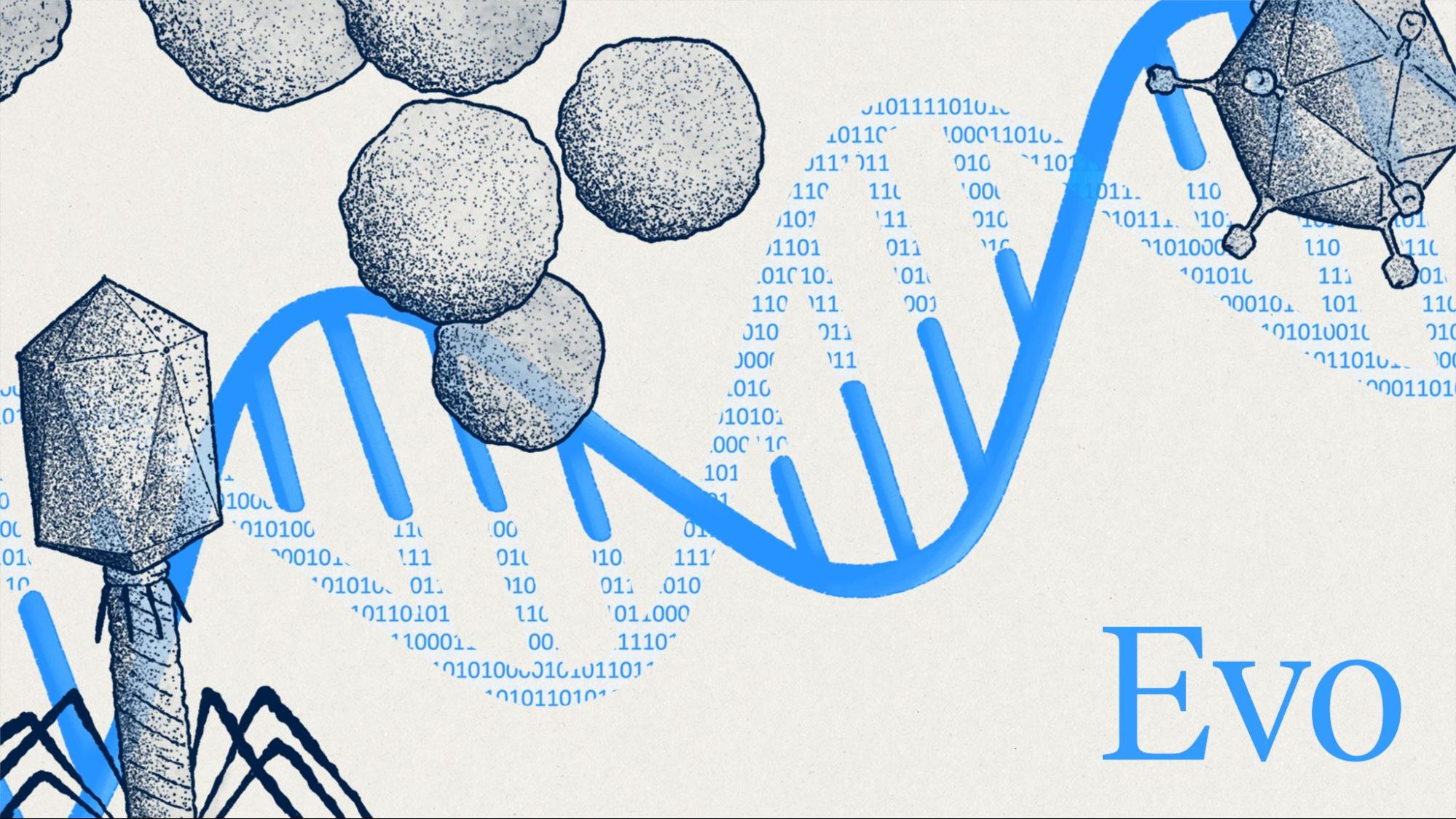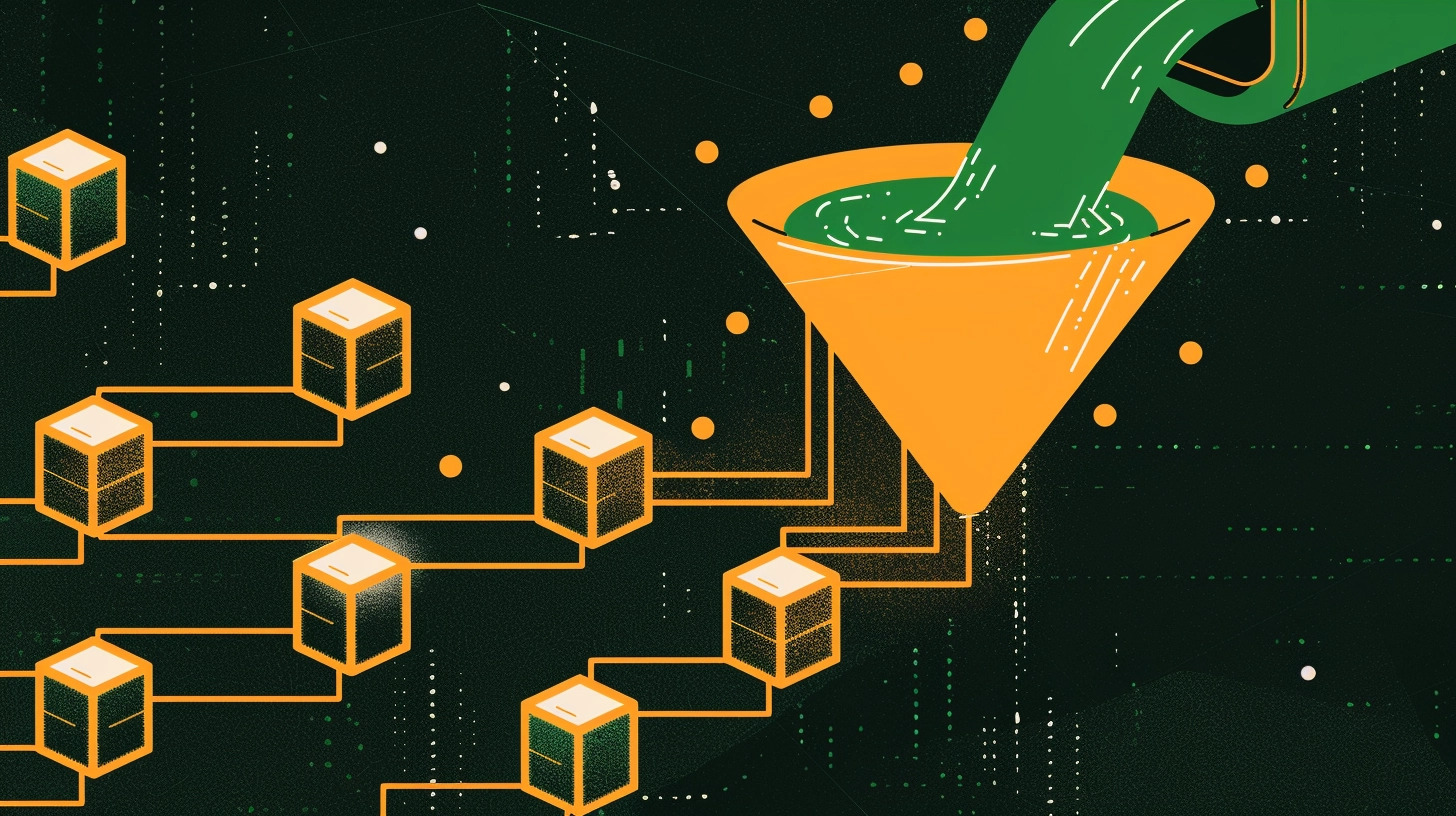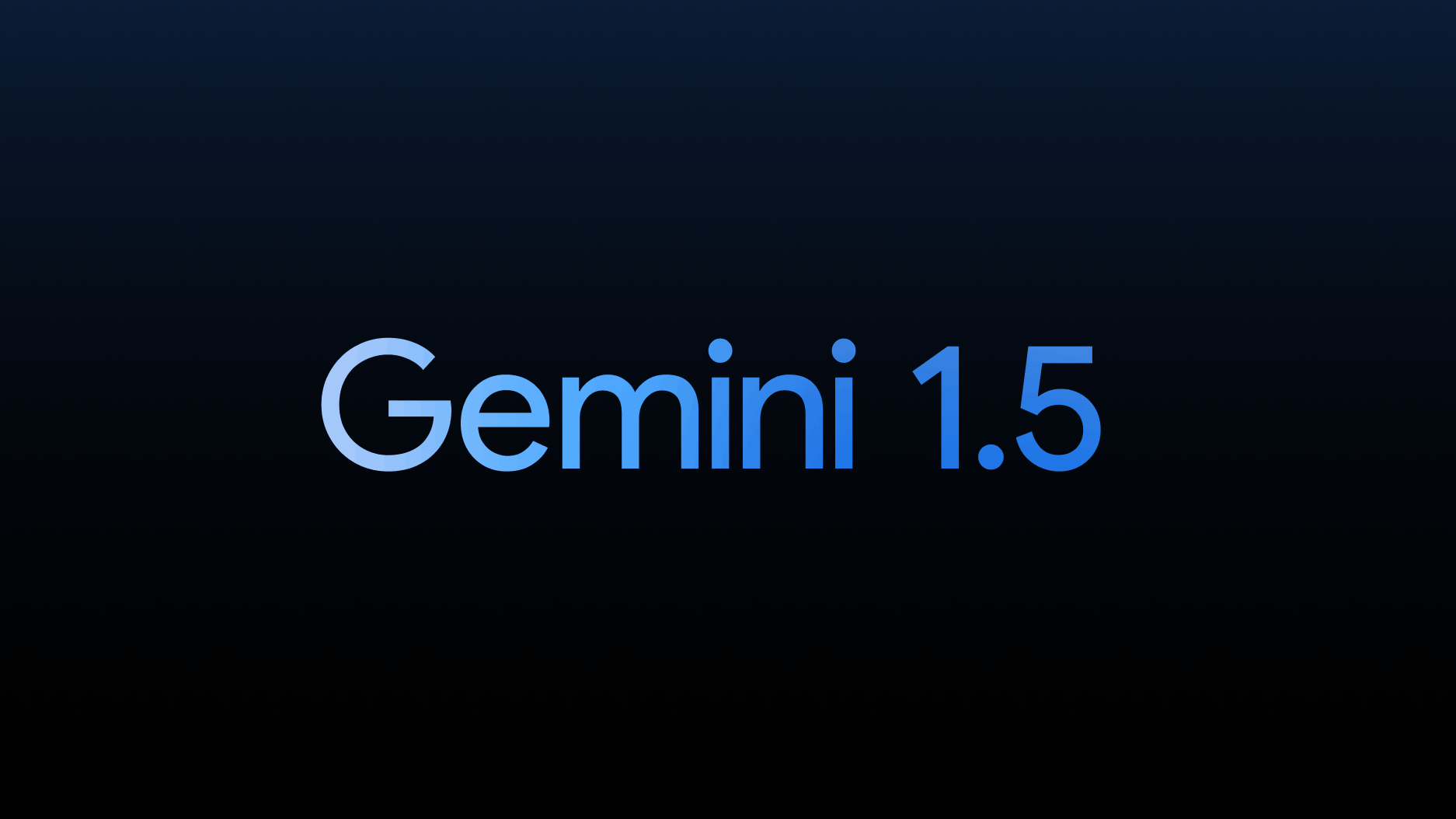Maximilian Schreiner
Max is the managing editor of THE DECODER, bringing his background in philosophy to explore questions of consciousness and whether machines truly think or just pretend to.
Read full article about: StarCoder2 is a free code model trained on over 600 programming languages
ServiceNow, Hugging Face, and Nvidia have released StarCoder2, a family of open-access code generation LLMs. StarCoder2 was developed in collaboration with the BigCode community as a successor to Starcoder, which was released in May 2023 and trained on 619 programming languages. StarCoder2 offers three model sizes: a 3 billion parameter model from ServiceNow, a 7 billion parameter model from Hugging Face, and a 15 billion parameter model from Nvidia.
StarCoder2 has been trained on the new Stackv2 code dataset, which is also available. New training methods are designed to help the model better understand low-resource programming languages, mathematics, and source code discussions. The model can be fine-tuned by companies for their own tasks.
Comment
Source: GitHub Bigcode
Read full article about: Disney bets on AI with ElevenLabs and other AI startups
As part of the tenth anniversary of the Disney Accelerator program, The Walt Disney Company is funding five AI startups, including ElevenLabs, which specializes in creating high-quality synthetic voices. The other companies selected are AudioShake, Nuro, PrometheanAI, and StatusPro, which are working in the areas of AI-powered audio separation, realistic speech synthesis, autonomous vehicle technology, virtual world creation, and immersive sports experiences.
The Disney Accelerator provides participating companies with investment capital, access to co-working space at the Disney Creative Campus, and mentoring and guidance from senior Disney executives. The company typically also invests in participating startups. One of the most prominent graduates of the program: Epic Games.







